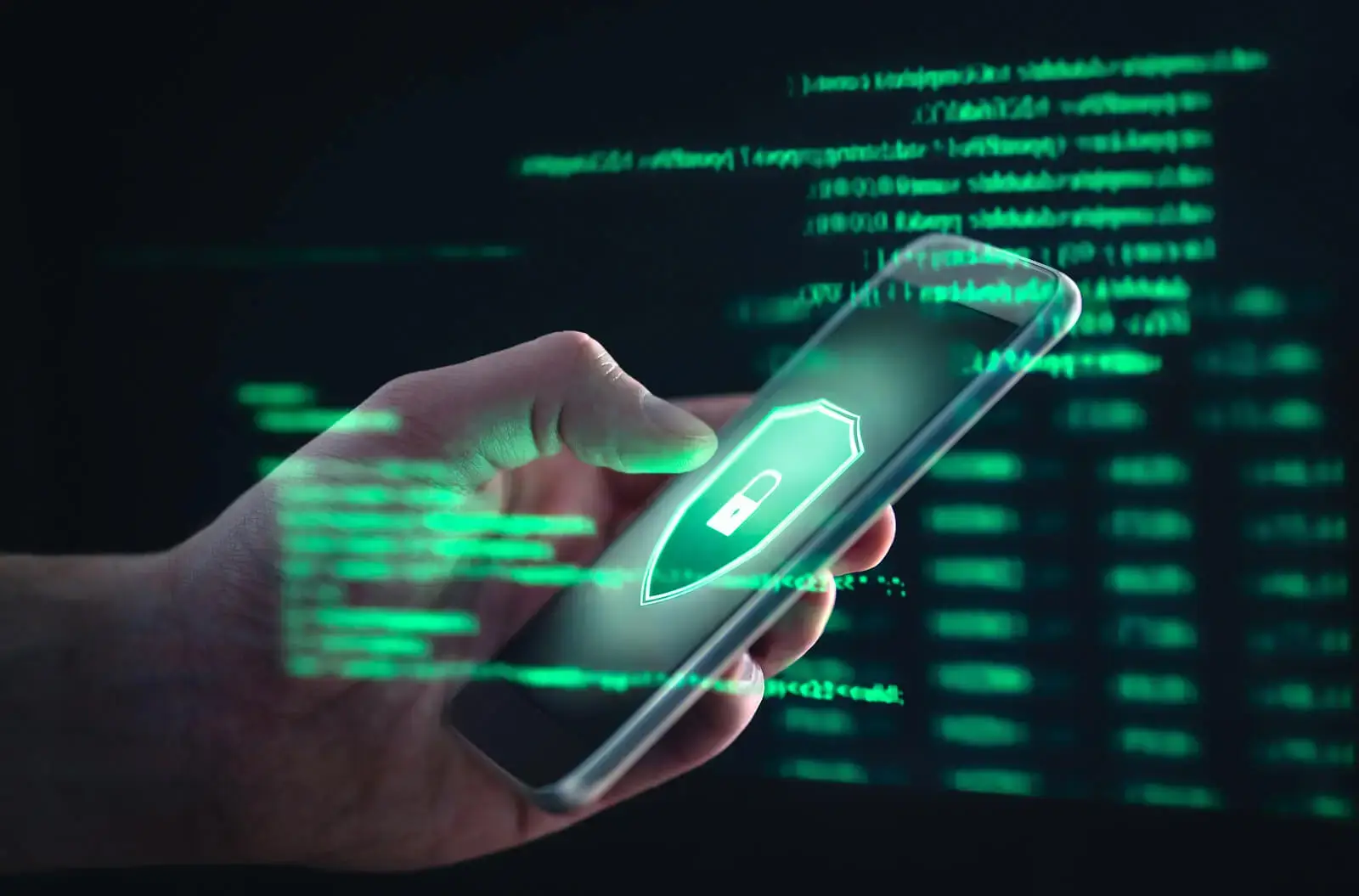Essential Insights on Cybercrimes: What You Should Know
For about three decades, the internet has offered tremendous benefits to everyone and opened almost endless new possibilities. We can watch classic films online, learn how to fix an air conditioner, or visit museums and observatories.
But a high price is paid for these great opportunities and benefits, and it is paid by the victims of cybercrimes. Many of these victims are children. In fact, more than 3,000 local, state, and federal law enforcement agencies actively investigate and prosecute cybercrimes against children.
From their offices, bedrooms, or basements, criminals engage in cybercrimes ranging from embezzlement and identity theft to stalking and child pornography. Many of these crimes go unnoticed and undetected for months or even years.
Anyone could be falsely accused of a cybercrime
Because cybercrimes are usually deceptive and complicated, it may be difficult for the police to gather the evidence needed for convictions. Cybercrime suspects may be surveilled and monitored for months during an investigation.
Legislators in every state are still struggling to deal with and understand digital technology. In criminal cases involving smartphones, computers, the internet, and digital technology, lawyers and courts have sparse guidance from state legislatures and little help from prior court rulings.
Computer and internet crimes – cybercrimes – are on the rise, and authorities are scrambling to keep up with it. Keep reading, because in the 2020s, anyone could be accused of a computer-related misdemeanor or felony and charged with a cybercrime at the federal or state level.
what cybercrimes are addressed by the laws in virginia?
The Virginia Computer Crimes Act prohibits a variety of computer-related offenses including:
- Computer fraud: using a computer to embezzle, steal, or otherwise illegally obtain property
- Spam: using a computer to send unsolicited ads or false email information
- Computer trespassing and privacy invasion: hacking, examining confidential information, or causing a network, computer, or website to malfunction
- Phishing and identity theft: stealing personal information or another person’s “identity”
- Harassment: stalking, intimidating, or harassing another person online
The Virginia Computer Crimes Act also prohibits the theft of computer services and the use of encryption to further the commission of any other computer-related crime. Additionally, the law allows the victim of a computer crime to seek reasonable damages with a civil lawsuit.
When people in different states are involved in the same computer crime, it usually means that a federal offense has been committed, and charges can be filed in federal court.
what federal law addresses cybercrimes?
The Computer Fraud and Abuse Act became federal law in 1984, but the statute has been updated and amended several times to keep pace with advancing technology. The federal laws that address computer-related offenses deal quite harshly with the most serious cybercrimes.
If a large sum of money has been embezzled or stolen across state lines, or if child pornography images have been transmitted across state lines, a defendant will face one or more federal felony charges, and that defendant can expect to serve time in a federal prison if convicted.
In Northern Virginia, if you are charged with any type of computer crime – misdemeanor or felony, state or federal – it’s imperative to be advised and represented by the right Fairfax criminal defense lawyer. You’ll need that lawyer’s help from the very start of the legal process.
if you are accused of a cybercrime
To be convicted, the perpetrator of a cybercrime must have criminal intent. Without intent, for example, someone could mistakenly visit a child porn website by getting a URL address wrong or clicking the wrong hyperlink. Almost everyone has made some kind of online mistake.
What is more disturbing is the possibility of another person accessing your computer and then being accused of a cybercrime that person committed. Of course, direct physical access isn’t needed; your computer can be accessed from across the street or from Dubai or Denmark.
Here is what everyone needs to understand: Anyone who is determined can easily learn how to sabotage computers, steal sensitive information, and frame someone else for the crime.
how is evidence gathered in cybercrimes cases?
If you are charged with a cybercrime, your emails, text messages, and social media pages will be scrutinized thoroughly by investigators. Your computer and phone will be searched. If a crime involves sex and minors, a defendant can expect the prosecution to be quite aggressive.
And while many cybercrimes are considered serious felonies, other cybercrimes are somewhat less serious misdemeanors. The charge depends on the exact allegation, the details, and a defendant’s criminal history.
But if you are charged with any cybercrime, you cannot afford to be represented by the wrong Fairfax criminal defense lawyer. If your case goes to trial, it will be your defense attorney’s job to explain to the judge and jurors the digital technology related to the case.
Your attorney will develop an effective strategy – and will consult with computer experts, if needed – to defend you against a cybercrime charge.
how do defense attorneys handle cybercrime cases?
If law enforcement officers violate a defendant’s rights in an investigation, an arrest, or an interrogation, your defense attorney will move to have the charges dismissed.
Cybercrime charges are sometimes the result of a mistake or a misunderstanding. If you accidentally took part in a cybercrime, but you had no criminal intent, your attorney will demonstrate how that happened.
Entrapment rarely succeeds as a defense against a cybercrime charge. Law enforcement officers are well aware of the entrapment rules, so in most investigations of cybercrimes, they adhere to those rules meticulously.
what’s important to remember about cybercrimes?
The best advice for going online is simply to use common sense. Do not discuss (or post about) sex or anything else online that might imply criminal activity. Follow this advice, and you will probably not be accused of a cybercrime – but there are no guarantees.
If you are charged with a cybercrime for any reason, you must have a knowledgeable and talented defense attorney fighting for justice on your behalf, whether the charge is a financial crime, a sex crime, or another computer-related misdemeanor or felony.
If you are questioned or arrested and charged with identity theft, hacking, internet fraud, or any cybercrime involving a child, you must speak to an experienced defense lawyer at once. If you are arrested, you have the right to remain silent and the right to an attorney. Exercise those rights.



